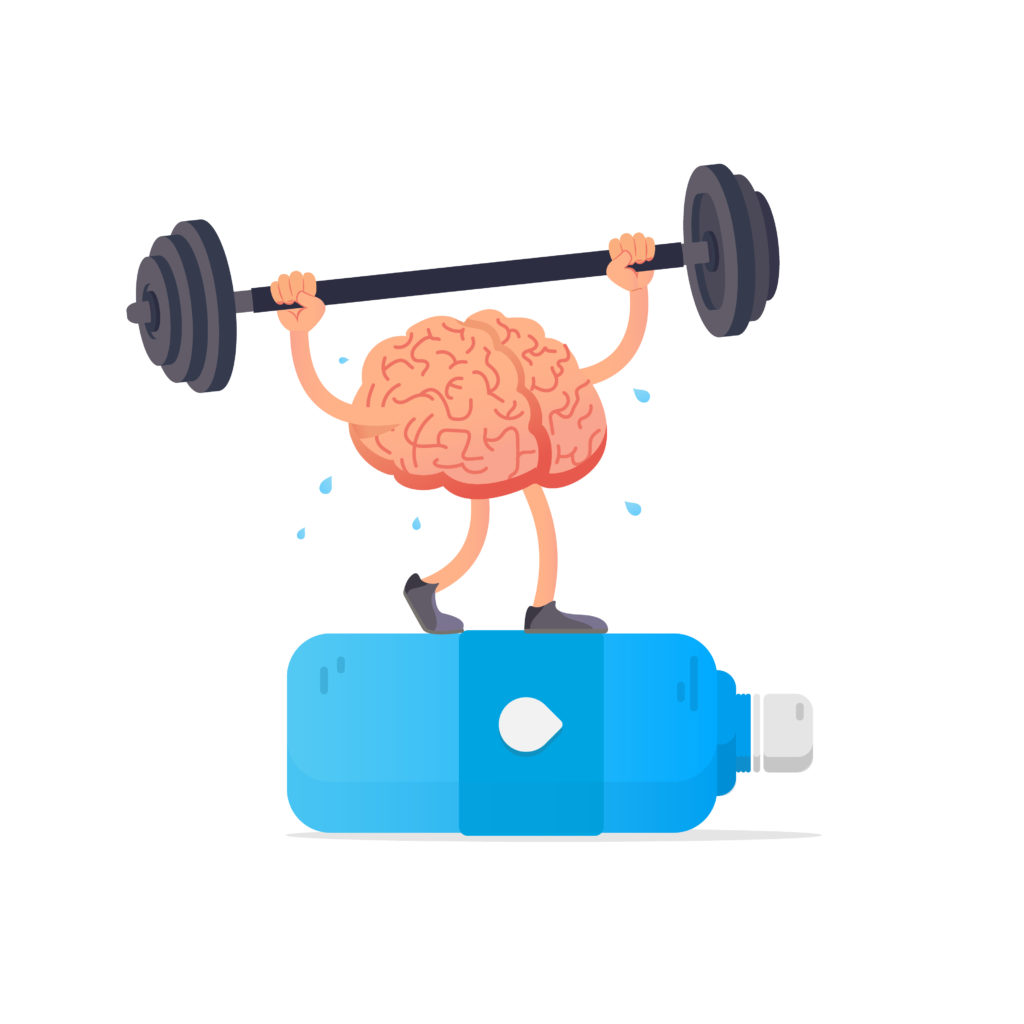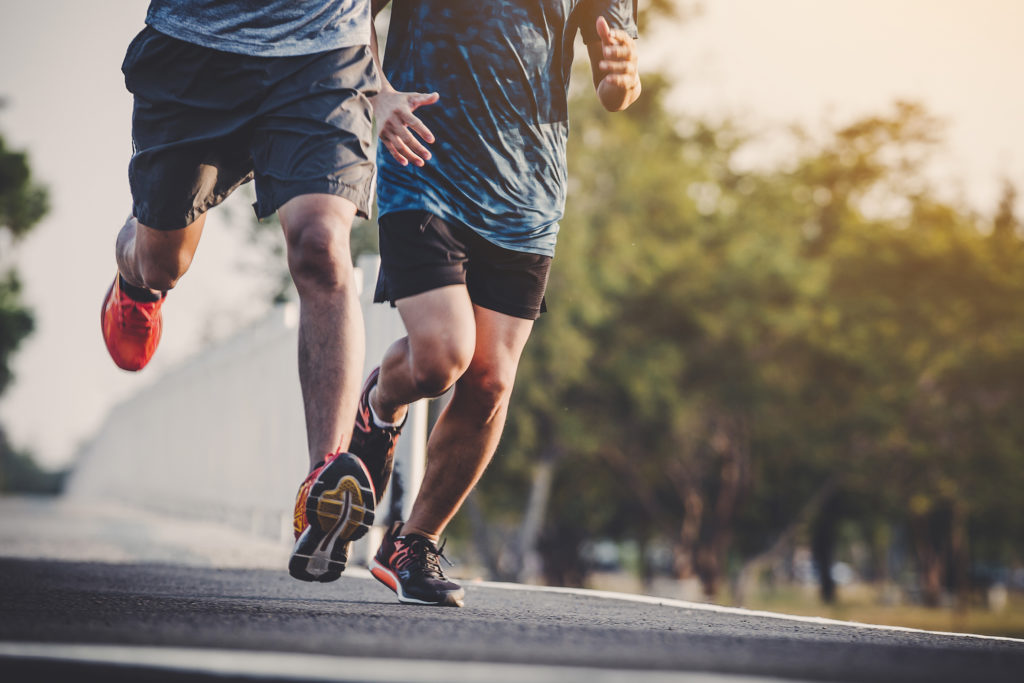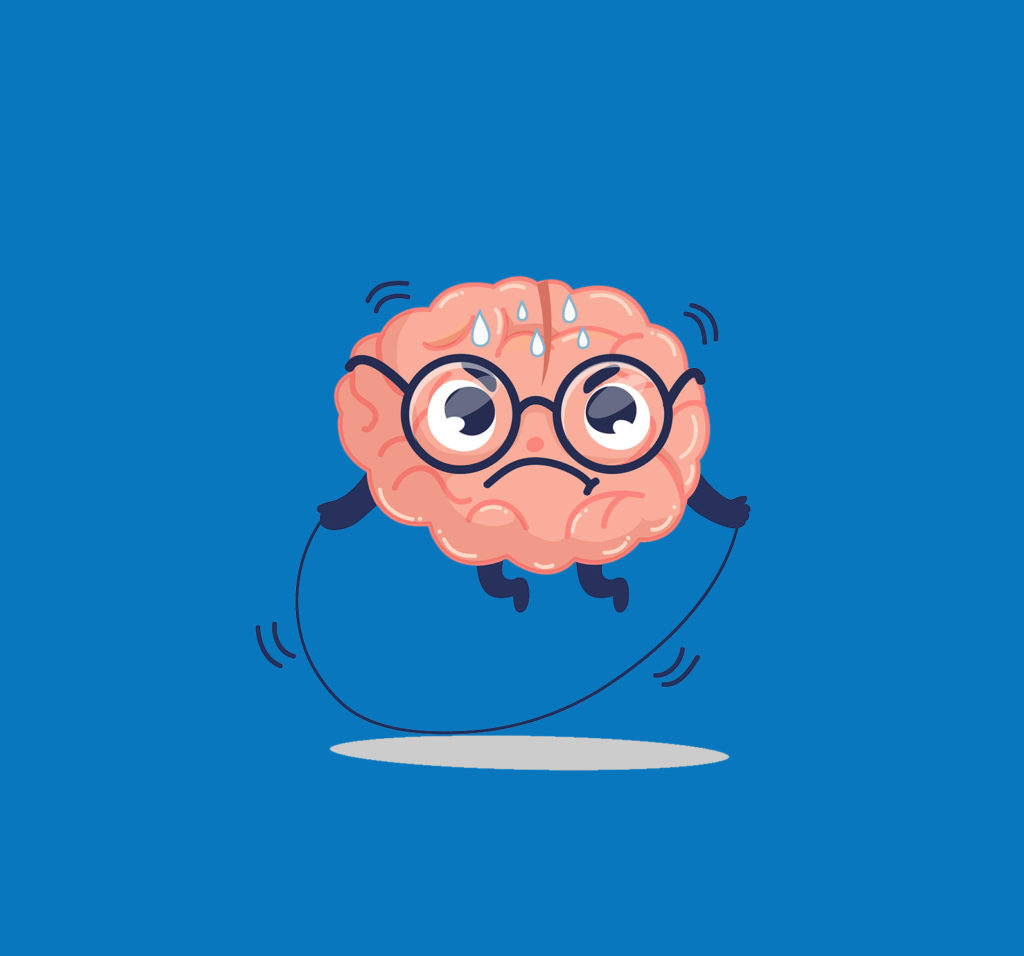Last Updated on: 11th October 2024, 02:54 pm
Did you make a resolution this New Year? One of the most popular resolutions is being more active, which is a very worthy goal for 2020. Maybe you’ve committed to putting in more training hours to get match ready? Perhaps you want to play more football. You might even be thinking about joining a local football team or starting a team of your own? Whatever it might be, the goal of becoming more active is always something worth committing to.
Has An Impact on Your Brain
We all know that regular exercise is necessary for maintaining a healthy body. Physical activity can improve the function of many organ systems in the body and help improve your athletic performance. What is becoming more apparent is that exercise is also good for your brain. For a long time, we viewed exercise as simply a physical activity. Research over the last decade proves this way of thinking was incorrect. Exercise is just as much of cognitive activity as it is a physical one. It stimulates many different parts of your brain and can have a big impact on how it functions.
Makes you feel good
We all know that feeling of euphoria that you get after a good workout. Most commonly referred to as a runner’s high, taking part in physical activity will boost your mood. Studies show that high-intensity exercise causes a rush of endorphins, which bring about feelings of euphoria. Endorphins are a type of neurotransmitter that helps relieve pain and stress.
However, that’s not the only explanation. David Raichlen has carried out research that suggests endocannabinoids might also be involved. Neuroscientists describe endocannabinoids as the “don’t worry, be happy” chemical. The areas of your brain that regulate your stress response are rich in receptors for endocannabinoid molecules. These molecules help to reduce anxiety and induce a state of contentment.
And that’s not all. Endorphins aren’t the only neurotransmitter to be released during exercise. Physical activity causes dopamine, norepinephrine, and serotonin to be released. These chemicals also play an important part in regulating your mood. In fact, low levels of norepinephrine and serotonin have been linked to depression. So, the extra boost you get from your workout will help increase your mood.
Connect With Others
Exercise doesn’t just make you feel better but it might also help the people around you. Research has shown that taking part in physical activity can help improve your social relationships and make you feel more connected to others. In 2017, scientists identified that exercise and social connection of two of the major factors that alter the endocannabinoid system. Endocannabinoids affect how close you feel to others, so the boost you get from exercise will have an impact on this. When you have higher levels in your brain you derive more pleasure from being around other people. Exercise doesn’t just leave you feeling happy but it helps you bond with people. A study found that people would report more positive interactions with family and friends on the days when they exercise. In couples who exercise together, both partners described feeling closer, more loved, and supported.
Team Work Makes You Feel Good
Taking part in physical exercise with a group of people and not just on your own has major benefits for your mental health. Studies have shown that people who exercise with others feel their mental health is better than those who do so alone. Part of the reason behind this might simply be down to the social support network that develops. If you feel part of a team or group then you feel as though you have more support in general. However, further research suggests that there is a link between group exercise and the feel-good chemicals we mentioned earlier.
Mutual cooperation activates regions in your brain that are linked to reward and a cocktail of dopamine, endorphins, and endocannabinoids is released. Working towards a shared goal with other people makes you feel good. Brain-imaging studies show that your reward system is reactivated when you see somebody you’d previously cooperated with. So, it’s possible that even seeing your fellow football team members will kickstart your brain’s reward system and release that mood-boosting cocktail. So joining your school or university sports team could really help with any possible exam stress.
Pain Relief
Researchers have also found that working as a team can increase your pain threshold. In 2009, Oxford University discovered that its rowing team had a higher tolerance for pain after training together than after solo training. The rush of endorphins acts as an analgesic and diminish the way you perceive pain. It might even help to explain what happened during the 1956 FA Cup final between Manchester City and Birmingham. In the match, Man City goalkeeper, Bert Trautmann, was able to continue playing after he broke his neck when diving for the ball. After the dive, Trautmann went on to make a series of important saves that helped the team gain a 3-1 victory. Did a rush of endorphins brought on by his teammates enable him to keep playing?
Physical Activity Might Improve Your Brain’s Health
Scientists once believed it was impossible for a mature brain to grow new neurons. We believed that the brain begins losing neurons in adult rather than gaining them. However, studies have since shown that exercise can have a positive effect on the human brain, especially as we age. Scientists have even suggested it as a way to help reduce the risk of Alzheimer’s disease and other neurodegenerative conditions.
Studies carried out on animals showed that exercise had increased the production of neurochemicals. It increased the number of newborn neurons in mature brains. An animal’s ability to think improved through physical activity. In the same manner, people who take part in regular exercise saw increases in the volume of the hippocampus. This is a key part of the brain’s memory network.
Your New Regime
Now you’re ready to start a new exercise regime, you’ll want to have plenty of great gear to wear. Pendle have a great range of training wear and football kits to get you started on your journey to physical and mental health. Take a look at our ranges to find something that’s perfect for you.




